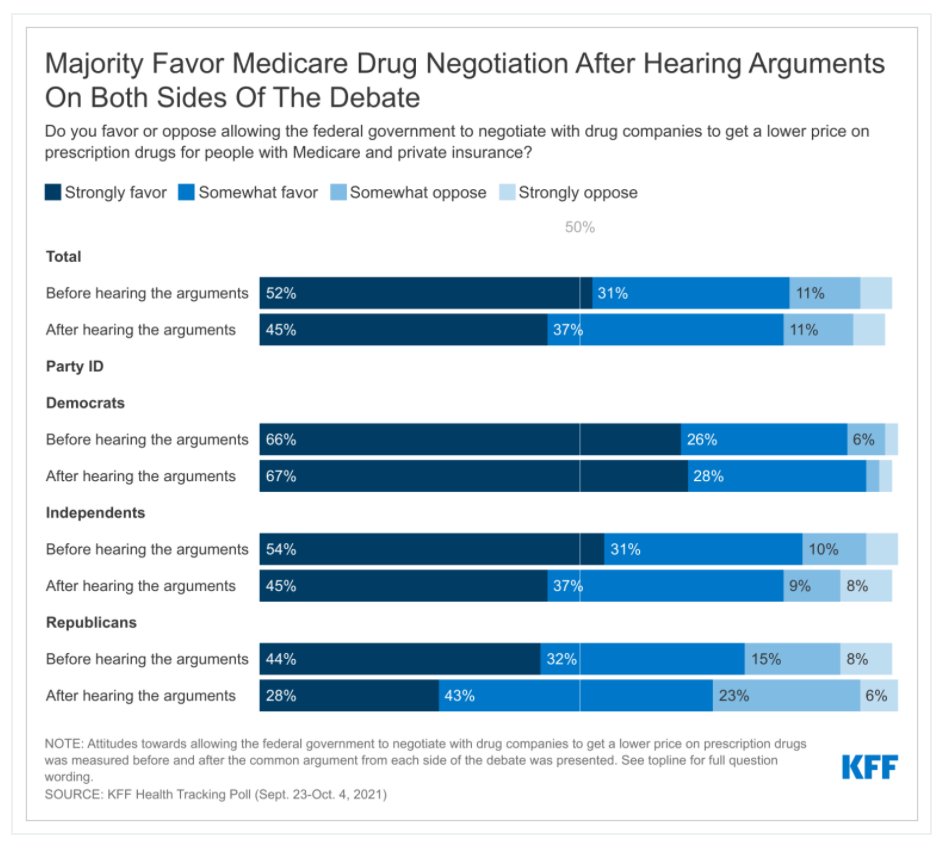
Filling the Medicaid coverage gap has become a contentious political issue. How many people know what it is and how it originated?
The ACA originally envisioned a seamless system of health coverage eligibility.
States were required to expand Medicaid to everyone with incomes up to 138% of the poverty level.
People with incomes 138-400% of the poverty level were eligible for premium subsidies.
States were required to expand Medicaid to everyone with incomes up to 138% of the poverty level.
People with incomes 138-400% of the poverty level were eligible for premium subsidies.
In 2012 the Supreme Court threw a massive curveball at the ACA's seamless coverage system.
Even though the federal government was initially covering 100% of the cost of the Medicaid expansion, phasing down to 90%, the court ruled that it had to be voluntary.
Even though the federal government was initially covering 100% of the cost of the Medicaid expansion, phasing down to 90%, the court ruled that it had to be voluntary.
39 states (including DC) have expanded Medicaid under the ACA. 12 states have not.
kff.org/medicaid/issue…
kff.org/medicaid/issue…
Medicaid programs exist in the 12 states that have not expanded eligibility under the ACA. But, coverage is often quite limited for adults.
A parent in a family of 3 in TX can make no more than $3,733 per year to qualify for Medicaid.
Adults without kids are ineligible, period.
A parent in a family of 3 in TX can make no more than $3,733 per year to qualify for Medicaid.
Adults without kids are ineligible, period.
Because the ACA, before the Supreme Court curveball, envisioned people up to 138% of the poverty level being eligible for Medicaid, there was no reason to make them eligible for premium subsidies.
But through a drafting quirk, premium subsidies actually start at 100% of poverty.
But through a drafting quirk, premium subsidies actually start at 100% of poverty.
Because ACA premium subsidies begin at 100% of the poverty level, some people in states that have not expanded Medicaid -- those with incomes 100-138% of poverty -- get premium subsidies. Those with incomes below poverty are out of luck.
2.2 million people are in the Medicaid coverage gap.
They have incomes below poverty, live in the 12 states that have not expanded Medicaid under the ACA, are uninsured, and have no health coverage options.
kff.org/medicaid/issue…
They have incomes below poverty, live in the 12 states that have not expanded Medicaid under the ACA, are uninsured, and have no health coverage options.
kff.org/medicaid/issue…
A leading approach in Congress for filling the Medicaid coverage gap would be to make people with incomes below poverty eligible for ACA premium and cost-sharing help if they're not otherwise eligible for Medicaid.
Why is filling the Medicaid coverage gap hard?
1. Competing priorities and limited funds.
2. States that have expanded Medicaid and are covering 10% of the cost will be resentful, and some may drop the expansion.
3. Few Democrats represent states that have not expanded Medicaid.
1. Competing priorities and limited funds.
2. States that have expanded Medicaid and are covering 10% of the cost will be resentful, and some may drop the expansion.
3. Few Democrats represent states that have not expanded Medicaid.
• • •
Missing some Tweet in this thread? You can try to
force a refresh







